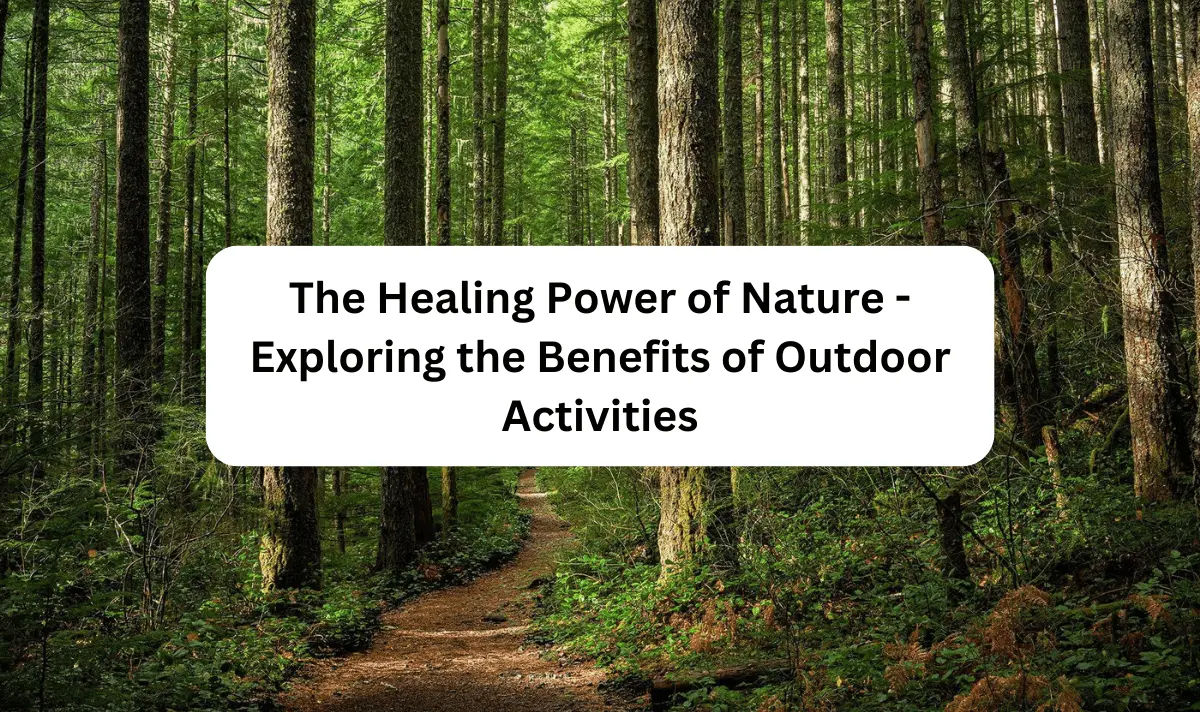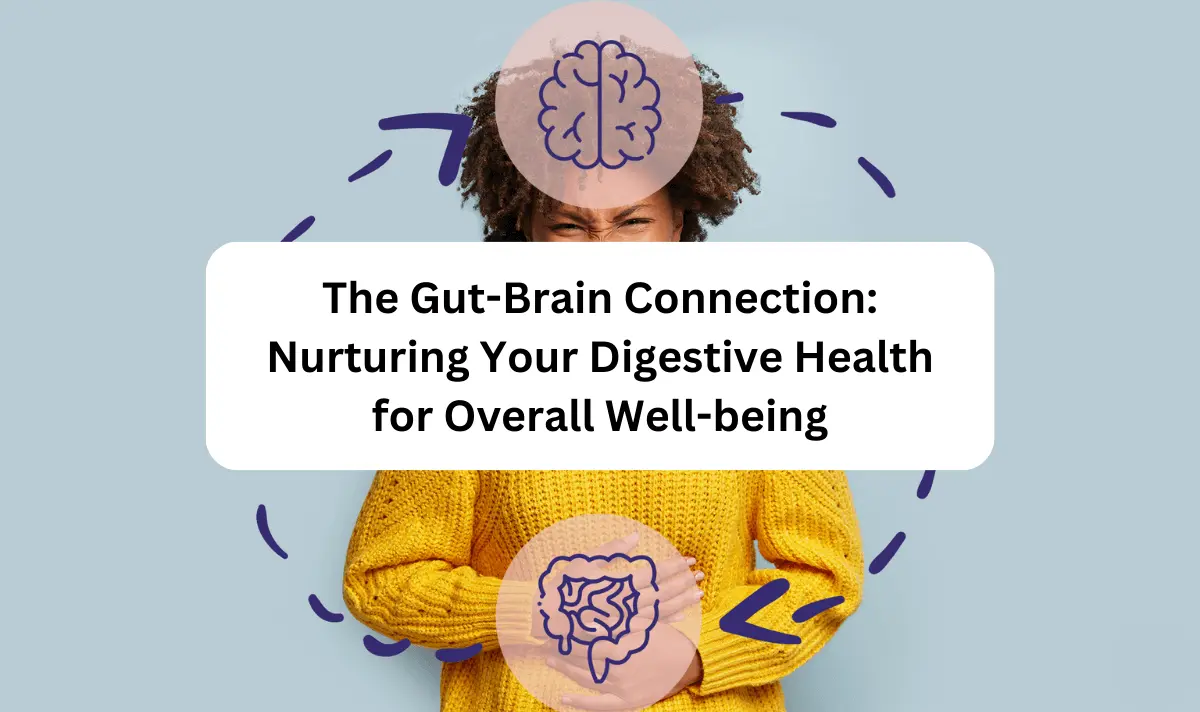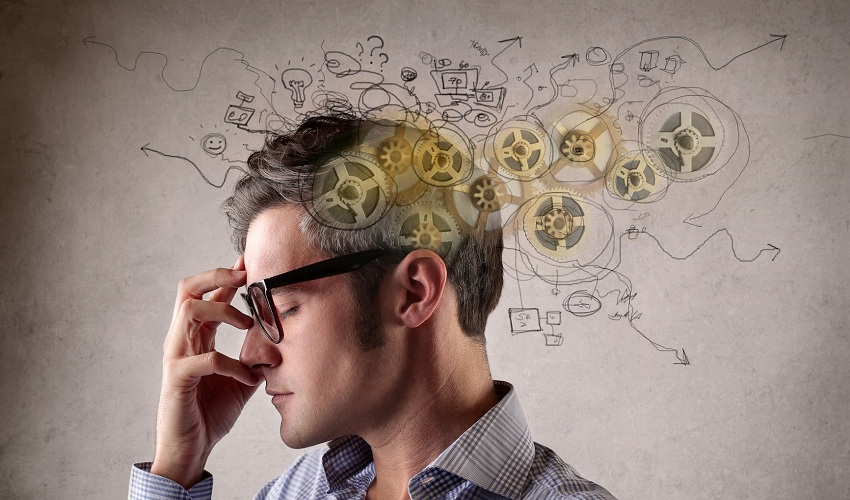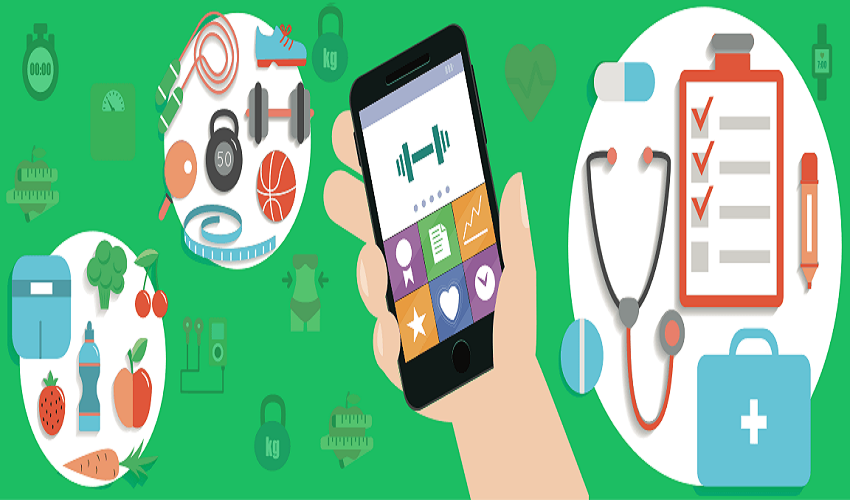Emotions play a huge role in our daily lives and interactions, whether we realize it or not. However, for many of us, our emotions can feel unpredictable and hard to control. We may lash out when angry or anxious or say and do things we later regret. The good news is that with practice and awareness, we can gain more mastery over our emotions. In this post, I’ll explore the importance of emotional self-awareness and share some strategies for developing stronger emotional regulation skills.

Wondering what is emotional awareness? Being emotionally aware means understanding how you feel in any given moment and recognizing the physical sensations, thoughts, and behaviors associated with different emotions. It involves the ability to identify emotions accurately as they occur internally. Emotional awareness is key to self-knowledge because it allows us to tune into our internal experiences and gain insight into what triggers different feelings. With practice, we can learn to recognize subtle emotions and their early warning signs.
Content
The Benefits of Emotional Self-Awareness
Those with higher emotional self-awareness tend to make better decisions, have stronger relationships, and experience less stress and conflict. Some specific advantages include:
- Improved communication. When we can identify and articulate our emotions, it’s easier to express needs, set boundaries, and have constructive discussions.
- Healthier coping. Emotionally aware people are less likely to rely on unhealthy coping mechanisms like lashing out, overeating, or withdrawing when stressed or upset.
- Less reactivity. Strong emotional awareness gives us a pause between feeling and acting on a feeling. This pause helps curb impulsive reactions and behaviors we may later regret.
- Deeper self-understanding. Tuning into emotions provides valuable insight into our values, triggers, strengths and growing edges. This fosters self-acceptance.
- Stronger social skills. Emotional awareness builds empathy, allowing us to better support others and navigate social situations.
Developing Emotional Regulation Skills
To gain more control over our emotions, the first step is cultivating emotional awareness. Then we can learn to regulate our emotions in healthy ways using strategies like these:
Label Your Emotions
Putting emotions into words helps diffuse their intensity. Try keeping an “emotions journal” where you record how you feel throughout the day and what triggered each feeling. With practice, you’ll get better and faster at identifying emotions.
Check Your Physiology
Our bodies give us important clues about how we’re feeling. Notice changes in your breathing, muscle tension, heart rate. Slow, deep breathing is very calming. Gentle stretching can relieve tension.
Challenge Distorted Thinking
When upset, our thoughts often become exaggerated or unrealistic. Reframe thoughts in a more balanced, compassionate way. Say things like “This frustration won’t last” versus “I can’t take it anymore.”
Problem-Solve Constructively
Rather than reacting impulsively in anger or fear, take a break if needed, then tackle issues logically. Brainstorm solutions and consider multiple perspectives.
Express Emotions Appropriately
Find healthy outlets like exercising, journaling, or talking with trusted friends. Don’t bottle up or take out feelings on others through blaming, yelling or passive aggression.
Use Calming Techniques
Progressive muscle relaxation, visualization, and mindfulness meditation are all effective for self-soothing. Find what works best for you during times of high emotion.
The Road to Mastery
Developing strong emotional regulation is an ongoing process that takes commitment and practice. Be patient with yourself as you strengthen these important life skills. With regular self-reflection and use of strategies, over time you’ll gain increasing control and awareness of your internal experiences. The rewards of emotional mastery are well worth the effort – a richer, more fulfilling life full of meaningful connections and personal growth.
In conclusion, cultivating emotional self-awareness through identifying feelings accurately and learning to regulate emotions in constructive ways are key to developing stronger emotional intelligence. With dedication to your emotional well-being, you have the power to transform how you experience and navigate this complex aspect of being human. I hope these insights provide a helpful starting point on your journey to emotional mastery.

Cathy Webb is a health blog author who has been writing about healthy living since 2024. She started her journey by adopting a vegan diet and eating only organic foods, but the more she learned, the more she realized that we should all be eating plant-based diets exclusively. As an expert in nutrition and wellness, Cathy blogs to educate readers on how they can live happier and healthier lives through food choices!








